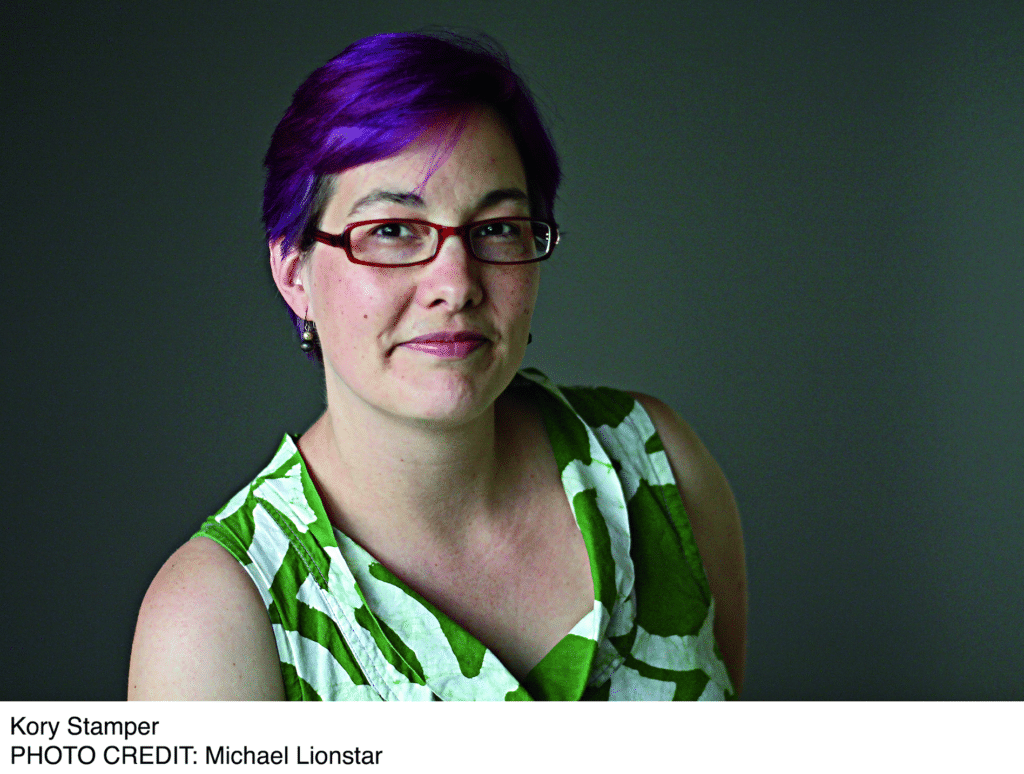By Katalin Gyurian Toth
We are taught Standard English in school, but that doesn’t mean we all speak English the same way.
“How we speak is one of the markers of our identity,” says Kory Stamper. A lexicographer for the Merriam-Webster Dictionary, she explains that our individual dialects are what keep the English language dynamic and evolving.
She notes that we reveal different parts of our identity not only through our actions but also through our use of language. “Your dialect is a key part of your identity and how your identity is communicated to other people.”
That includes switching between dialects depending on our audience. In doing so, we present different parts of ourselves in different situations.
Kory will highlight the importance of dialect and how it represents us individually during her talk, “You Speak You,” at TEDxNavesink on May 20, in Asbury Park. She says that we need to back off the judgment of other people’s dialect and recognize the complexity behind a person’s way of speaking.
How did Kory get started as a lexicographer?
Kory’s first job as a lexicographer was for Merriam-Webster’s Learner’s Dictionary, which is designed for non-native English speakers. In that position, Kory learned that there was a lot to consider when writing definitions for English language learners, such as the regional differences in definitions and usage of words.
“Language is not just about structure and grammar; it’s also about context.”
Today, she takes note of dialectical and linguistic changes by, for example, listening to the quick cycle of slang that her teenage daughter uses, or by reading the newspaper to identify spikes in the usage of new words.
In addition to writing definitions for Merriam-Webster dictionaries, she maintains a popular blog about dictionaries called Harmless Drudgery, and she gives talks about language. You can also find Kory in Merriam-Webster’s online video series that covers the meanings and usage of disputed or controversial words.
Kory’s also has a book entitled Word by Word: The Secret Life of Dictionaries, which released in March. She describes it as a love letter to English and to the people who use it. Word by Word is about the history of English, the logic behind the ever-changing language as well as explanations on note-worthy pronunciations.
She said that her job is very much research and context-based. Words are group-defined or edited by at least 7-10 people. “Different people bring different things to a definition, and that’s what makes a good definition.” This speaks to the main idea of her talk at TEDx—we all have a linguistic fingerprint.
What should the audience take away from her talk?
Kory wants the audience to realize that “language is not black and white; it’s not right or wrong; it’s not good or bad…language is about communication and communication is about context.”
She adds that when we try to make English black and white, or right or wrong, we flatten it.
So instead of making moral judgments about how someone speaks, we should simply listen and appreciate the speaker’s unique dialect as part of his or her identity.
Come hear Kory and other dynamic speakers at TEDxNavesink on May 20. Get your tickets today.

